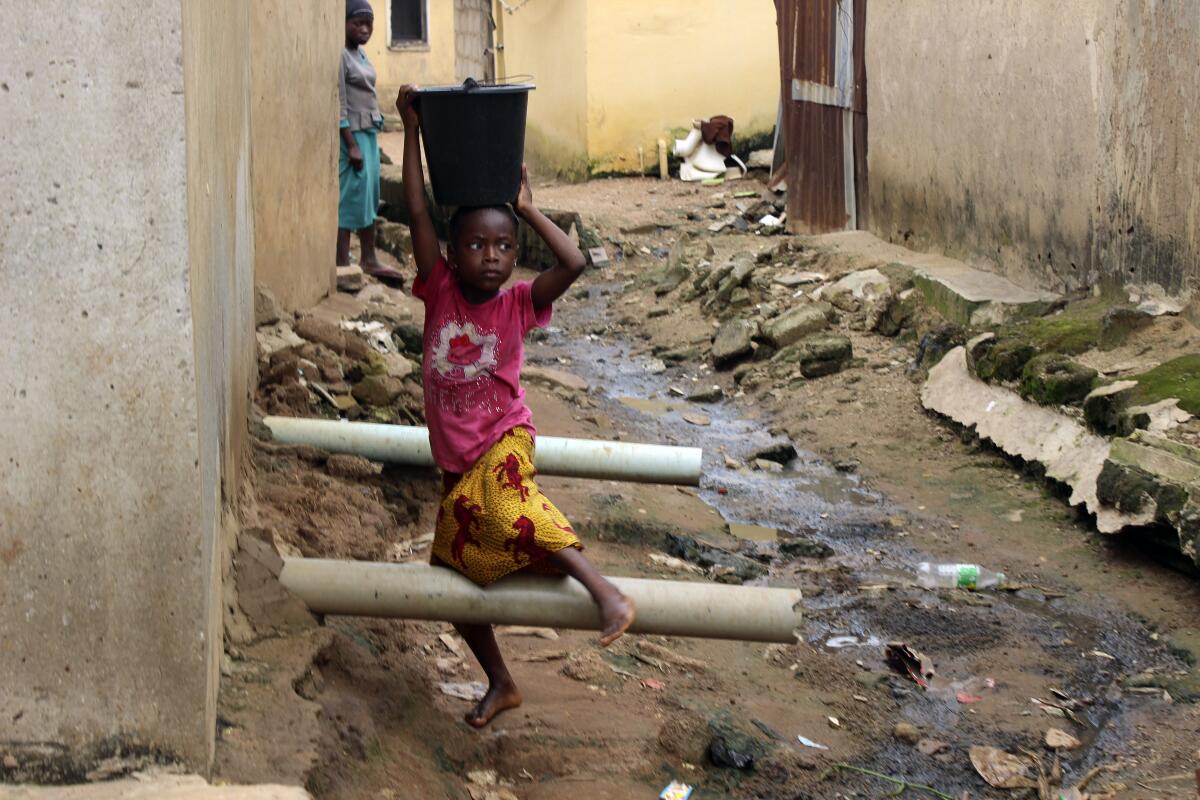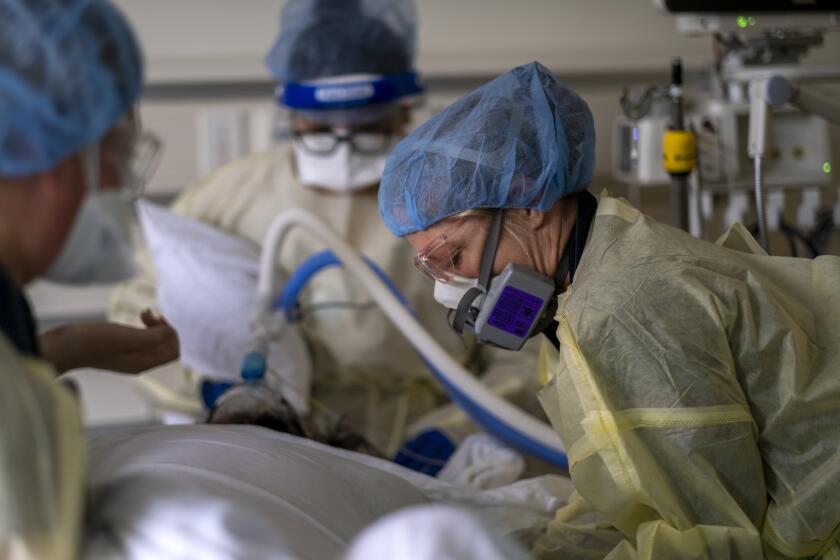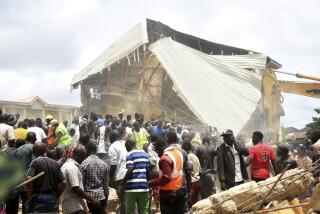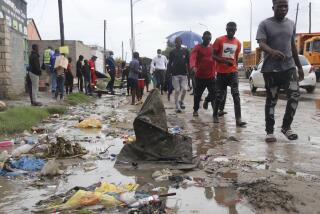Already fighting COVID-19, Nigeria faces one of its worst cholera outbreaks in years

Nigeria is seeing one of its worst cholera outbreaks in years, with more than 2,300 people dying from suspected cases as Africa’s most populous country struggles to deal with multiple disease outbreaks.
This year’s cholera outbreak, with a higher fatality rate than in the previous four years, is worsened by what many consider to be a bigger priority for state governments: the COVID-19 pandemic. Nigeria faces a resurgence of cases driven by the Delta variant, and less than 1% of the population has been fully vaccinated.
At least 69,925 suspected cholera cases were recorded as of Sept. 5 in 25 of Nigeria’s 36 states and in the capital, Abuja, according to the Nigeria Center for Disease Control. Children between 5 and 14 are the most affected age group, and the overall fatality rate for cholera cases is 3.3%, more than double the 1.3% fatality rate among COVID-19 cases in Nigeria.
At least 2,323 people are believed to have died from cholera this year, but there are concerns that this might be an undercount given that many affected communities are in hard-to-reach areas.
States in Nigeria’s north, where flooding and poor sanitation increase the risk of transmission, are the hardest hit. The 19 states in the north account for 98% of the suspected cases.
Cholera is endemic and seasonal in Nigeria, where only 14% of the population of more than 200 million have access to safely managed drinking water supply services, according to government data from 2020, which also shows that open defecation is still practiced by at least 30% of residents in 14 states.
California’s overall pandemic trends appear to be improving, but that course has been upended before.
Nigeria also continues to see regular outbreaks of yellow fever, Lassa fever, measles and other infectious diseases.
“We must remain conscious that these multiple outbreaks can further strain our health system,” outgoing Nigeria CDC director general Chikwe Ihekweazu said.
But he and other officials say the experience from those health crises has helped Nigeria prepare for the worst. “Prior investment in diagnostic capacity, case management, electronic surveillance systems, event-based surveillance, risk communication, logistic management systems and national/subnational workforce development have paid off significantly during COVID-19 pandemic,” he said.
That has not contained cholera, however, and in some states, authorities have said COVID-19 has taken center stage.
More to Read
Sign up for Essential California
The most important California stories and recommendations in your inbox every morning.
You may occasionally receive promotional content from the Los Angeles Times.






